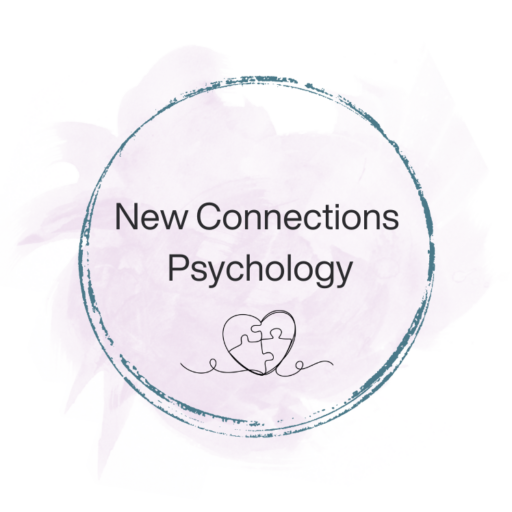Introduction
Depression is not just a personal struggle; it can also have a significant impact on relationships. When one partner is dealing with depression, it can be challenging for both individuals. It is crucial for couples to understand how to navigate these difficulties together. This blog post aims to provide tips and insights for couples where one or both partners are managing depression.
Understanding Depression
The first step in managing depression within a relationship is to understand what depression is. Depression is more than just feeling sad; it’s a serious mental health condition that affects a person’s feelings, thoughts, and behaviors. Symptoms can include persistent feelings of sadness, loss of interest in activities, changes in appetite, fatigue, feelings of worthlessness, and difficulty concentrating.
It’s important to recognize that depression is not a choice or a phase. It is a medical condition that requires understanding and patience from both partners.
Communication is Key
Open and honest communication is crucial when dealing with depression in a relationship. The partner experiencing depression should try to express their feelings and needs as clearly as possible. Similarly, the other partner should actively listen and provide support without judgment.
It’s essential to discuss how depression affects your relationship and daily life. However, remember that these conversations should be respectful and empathetic. Avoid blame and focus on expressing your feelings using “I” statements, like “I feel overwhelmed when you don’t want to go out.”
Establishing Boundaries
Both partners should establish boundaries to ensure that neither feels overwhelmed. This means recognizing and respecting each other’s limits. The person with depression may need space at times, while the other partner might need assurance that their feelings are also important.
Setting boundaries also involves understanding when to step back and allow the other person to handle their feelings independently. It’s about finding a balance between being supportive and overbearing.
Self-Care and Shared Activities
Self-care is crucial for both partners. The person dealing with depression should engage in activities that help manage their symptoms, like exercise, a healthy diet, and adequate sleep. The other partner also needs to take care of their mental and physical health.
Engaging in activities together can strengthen your bond and provide a sense of normalcy. This could include going for walks, watching a favourite movie, or cooking a meal together. Shared activities should be enjoyable and not feel like a chore.
Seeking Professional Help
It’s often beneficial for the person with depression to seek professional help through therapy or counselling. Therapy can provide strategies for managing depression and can also help the individual understand their condition better.
Couples counselling can also be advantageous. It offers a safe space for both partners to express their feelings and concerns. A therapist can help the couple develop strategies to cope with depression together.
Supporting Each Other
The partner without depression can play a significant role in support. This can involve small acts of kindness, like taking over chores when the other person is having a particularly tough day or simply being there to listen.
However, it’s also important for this partner to maintain their own support network. Leaning on friends, family, or support groups can provide an outlet for their feelings and prevent burnout.
Managing Expectations
It’s important for both partners to manage their expectations. Recovery from depression doesn’t happen overnight, and there will be good and bad days. Patience and understanding are crucial during this process.
Educating Yourselves
Both partners should take the time to educate themselves about depression. This can involve reading books, attending workshops, or joining support groups. Understanding the condition can help demystify many aspects of depression and make it easier to cope with.
Conclusion
Managing depression in a relationship is challenging but not impossible. It requires patience, understanding, and a willingness to work together. Remember, you’re not alone in this journey, and many resources are available to help both partners.
The Role of Therapy
In conclusion, therapy can play a crucial role in managing depression within a relationship. It provides a structured environment where individuals can explore their feelings, understand their condition, and learn coping strategies. For the partner with depression, therapy can be a place to work through the challenges of the condition and gain insight into how it affects the relationship.
Couples therapy is particularly beneficial as it addresses the relationship dynamics influenced by depression. It helps couples improve communication, resolve conflicts, and strengthen their emotional connection. Therapists can guide couples in understanding each other’s needs and perspectives, fostering empathy and support.
Therapy is not a sign of weakness or failure; it’s a proactive step towards a healthier relationship. It’s essential to choose a therapist who is experienced in dealing with depression and relationship issues. With the right support, couples can navigate the challenges of depression together and build a stronger, more understanding relationship.
In essence, managing depression in a relationship is about teamwork, understanding, and commitment. By following these tips and considering therapy, couples can support each other and maintain a loving and supportive relationship, even in the face of depression.

